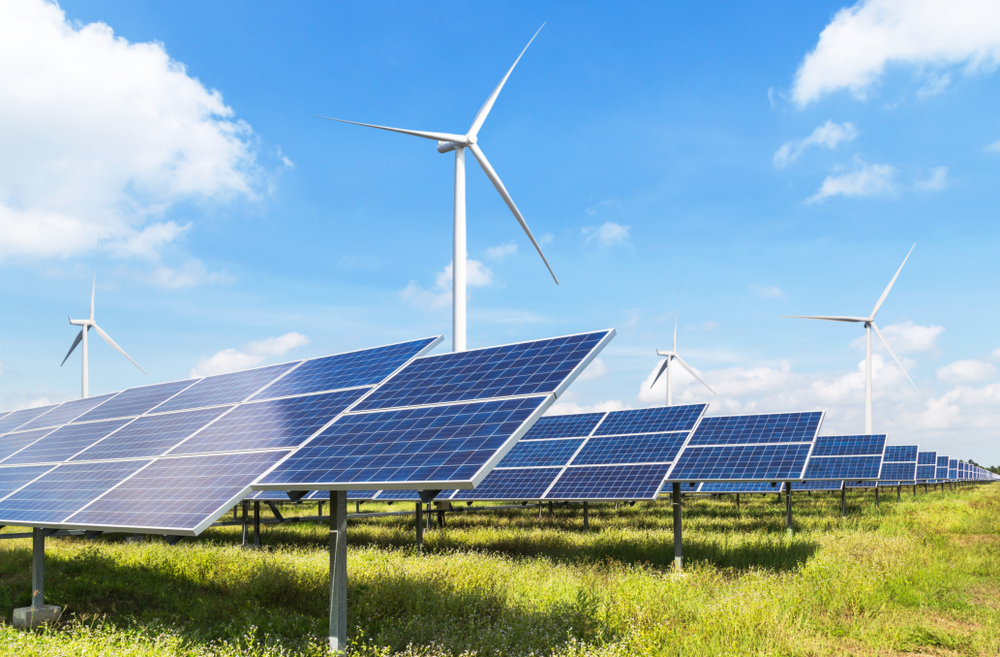At the 4th annual RawMaterials Summit over 60 panel sessions speakers, all leaders from policy, industry, innovation, research, NGOs and education sectors within the raw materials sector, discussed why securing raw materials is so fundamental and how to do it. The main message was clear: the acceleration towards clean energy is very fast, it is a very unusual transition needed in such a short period of time and there is no plan B. Europe will face critical shortfalls of battery materials without urgent action now.
The tone in the discussions at the Summit was severe, but optimistic. Industry leaders and policymakers expressed optimism about Europe’s capability to build a strong and resilient raw materials sector but warned that we cannot lose the momentum ushered in by the war in Ukraine.
In the case of batteries for electric vehicles and energy storage, we will need up to 60 times more lithium, and 15 times more cobalt in 2050, compared to the current supply to the whole EU economy.
Kimmo Tiilikainen, CEO of the Geological Survey of Finland (GTK)
The EU holds considerable geological potential to produce these essential metals and minerals. In order to unlock the mineral potential, policymakers in the Economic Union and the Member States need to take concrete actions in the industrial, research, infrastructure, regulatory, social and environmental development.
Leading representatives of the mining sector highlighted the need for increased predictability and transparency of the licensing of new mining projects. If current expenditure continues, Europe will not be able to get its own mining production up and running on a timetable that would enable the green transition and climate targets to be achieved within the current target timetables. Mikael Staffas, CEO of Boliden, was one of the representatives who highlighted that permitting regulatory obstacles are what’s preventing mining projects taking off in Europe. He said:
What we really need is action. At the end of the day, we need to get the mines on our own ground.
Mikael Staffas, CEO of Boliden
Tremendous pressure from customers
The RawMaterials Summit 2022, following a two year hiatus to the pandemic, filled the Berlin Convention Centre. Speaker, Jarkko Vesa, Ministry of Economic Affairs and Employment Finland, said the Summit sent a clear message:
No one was left in any doubt that raw materials is a very hot topic right now. The Commission’s message was also clear: Europe must be more self-sufficient in the production of critical metals and minerals in the future.
Jarkko Vesa, Senior Adviser, Ministry of Economic Affairs and Employment Finland
Mining is a fundamental building block of the green energy transition and now, more than ever, it’s clear how critical a responsibly sourced supply of minerals and metals is for a resilient, clean and green Europe. But of course, the mining industry carries with it environmental and social concerns and future mining projects will need to be handled sensitively.
Thor Bendik Weider, Chairman of REE Minerals, a rare earth mining company from Norway, said that investors, mining projects, and local and national authorities need to cooperate to speed up the permitting process.
In Europe, we can mine underground, have state-of-the-art operations, and electrify the whole supply chain—these can solve the old historic perspectives on the mining industry. If everyone thinks the green shift is so important, we should get going.
Thor Bendik Weider, Chairman of REE Minerals
The Nordic countries Finland, Sweden and Norway are mining nations and pioneering countries in sustainability. The Nordic mining industry is considered the most sustainable in the world, thanks to efficient production methods, lower emissions than the industry in comparable countries and a good working environment.
Nordic and Baltic countries can give access to sustainably produced metals and minerals which are crucial for us when creating green battery value chains.
Olli Salmi, Managing Director, EIT RawMaterials Baltic Sea and North Innovation Hubs
Transparency and stakeholder engagement
Representing WWF, Tobias Kind-Rieper, Global Lead of Mining & Metals, acknowledged Europe’s need for raw materials to facilitate the green transition and the need for more mines to be built in Europe. One of the key issues with expanding mining initiatives, he said, is transparency and stakeholder engagement. Social and environmental impact assessments must be done properly to be successful, and environmental due diligence should not be seen as a risk, but rather as an opportunity.
We need to find common ground, trade-offs and red lines and red flags.
Tobias Kind-Rieper, Global Lead of Mining & Metals, WWF
Kind-Rieper emphasised the value of know-how sharing and said that European companies can lead the way for the Global South. The overarching theme that emerged throughout the course of the discussions was the need for better communication between stakeholders. One of the resounding notes was the need for transparency, trust, and community engagement. One way to achieve this, he pointed out, was to have NGOs involved from the very beginning of any new mining projects. Although Europe has the highest standard of mining, this needs to be communicated to the public in order to change perceptions.
The raw materials sector will only be acceptable to Europeans if companies apply the highest environmental standards, if social & HR due diligence is transparently and consistently adhered to, and if it’s done in cooperation with and in full respect of local communities.
Katarina Öquist, R&D Manager Technology and Innovation Underground Division, Epiroc




